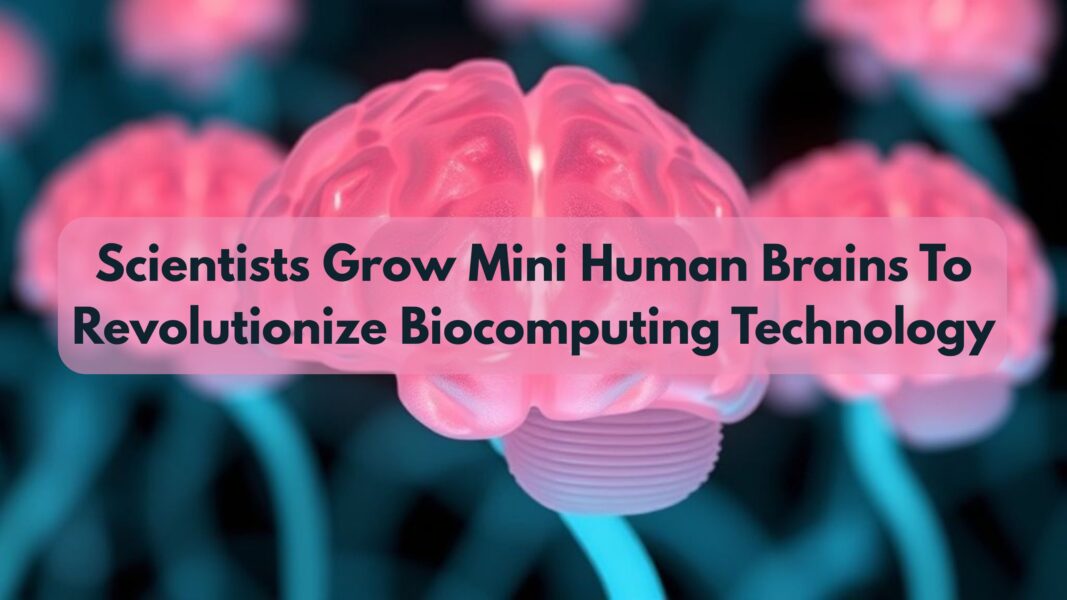Scientists Grow Mini Human Brains To Revolutionize Biocomputing Technology
The boundary between science fiction and reality is narrowing as researchers push the limits of computing into the realm of biology. Biocomputing, the science of using living cells as computational systems, is no longer a distant dream. Scientists are now growing mini human brains, or organoids, to create a new kind of computer that operates using neurons instead of silicon chips. This innovative field, sometimes referred to as wetware, combines neuroscience, artificial intelligence (AI), and bioengineering. Unlike traditional computers, which rely on semiconductors, wetware uses clusters of living neurons to process information. Early experiments suggest that these systems could perform … Read more


